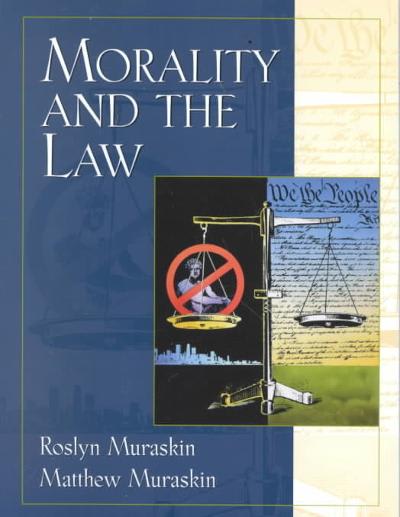Question
1. Lester purchased a used automobile from MacKintosh Motors. He asked the seller if the car had ever been in a wreck. The MacKintosh salesperson
1. Lester purchased a used automobile from MacKintosh Motors. He asked the seller if the car had ever been in a wreck. The MacKintosh salesperson had never seen the car before that morning and knew nothing of its history but quickly answered Lester's question by stating: "No. It has never been in a wreck." In fact, the auto had been seriously damaged in a wreck and, although repaired, was worth much less than the value it would have had if there had been no wreck. When Lester learned the truth, he sued MacKintosh Motors and the salesperson for damages for fraud. They raised the defense that the salesperson did not know the statement was false and had not intended to deceive Lester. Did the conduct of the salesperson constitute fraud?
2. William E. Story agreed to pay his nephew, William E. Story II, a large sum of money (roughly equivalent to $75,000 in 2016 dollars) "if he would refrain from drinking liquor, using tobacco, swearing, and playing cards or billiards for money until he should come to be 21 years of age." William II had been using tobacco and occasionally drank liquor but refrained from using these stimulants over several years until he was 21 and also lived up to the other requirements of his uncle's offer. Just after William II's 21st birthday, Story acknowledged that William II had fulfilled his part of the bargain and advised that the money would be invested for him with interest. The story died, and his executor, Sidway, refused to pay William II because he believed the contract between Story and William II was without consideration. Sidway asserted that Story received no benefit from William II's performance and William II suffered no detriment (in fact, by his refraining from the use of liquor and tobacco, William II was not harmed but benefited, Sidway asserted). Is there any theory of consideration that William II can rely on? How would you decide this case? [Hamer v. Sidway, 124 N.Y. 538]
7. Siddle purchased a quantity of fireworks from Red Devil Fireworks Co. The sale was illegal, however, because Siddle did not have a license to make the
purchase, which the seller knew because it had been so informed by the attorney general of the state. Siddle did not pay for the fireworks, and Red Devil sued him. He defended on the ground that the contract could not be enforced because it was illegal. Was the defense valid? [Red Devil Fireworks Co. v. Siddle, 648 P.2d 468 (Wash. App.)
Step by Step Solution
There are 3 Steps involved in it
Step: 1

Get Instant Access to Expert-Tailored Solutions
See step-by-step solutions with expert insights and AI powered tools for academic success
Step: 2

Step: 3

Ace Your Homework with AI
Get the answers you need in no time with our AI-driven, step-by-step assistance
Get Started


